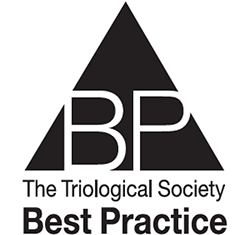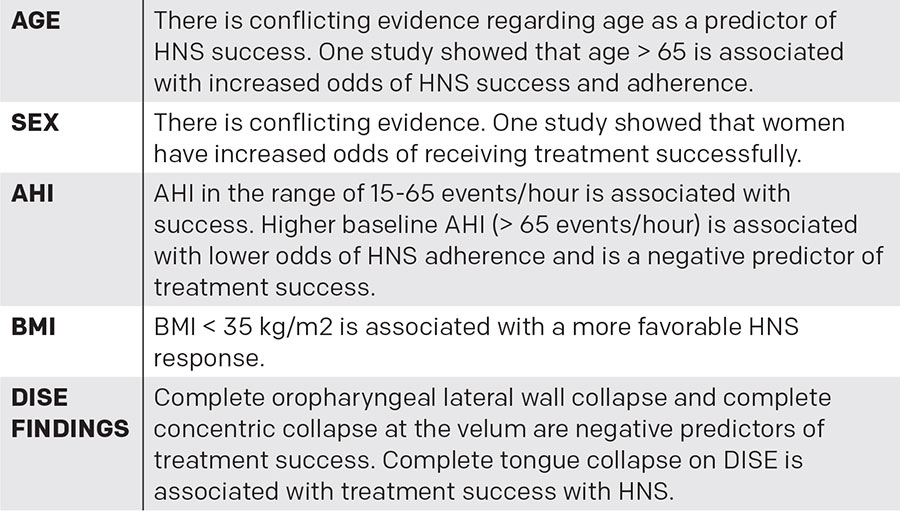 TRIO Best Practice articles are brief, structured reviews designed to provide the busy clinician with a handy outline and reference for day-to-day clinical decision making. The ENTtoday summaries below include the Background and Best Practice sections of the original article. To view the complete Laryngoscope articles free of charge, visit Laryngoscope.com.
TRIO Best Practice articles are brief, structured reviews designed to provide the busy clinician with a handy outline and reference for day-to-day clinical decision making. The ENTtoday summaries below include the Background and Best Practice sections of the original article. To view the complete Laryngoscope articles free of charge, visit Laryngoscope.com.
Explore This Issue
January 2025BACKGROUND
Obstructive sleep apnea (OSA) affects up to 4% of the adult population. Continuous positive airway pressure (CPAP) is considered the first line in terms of therapy, but adherence is variable. For those who cannot tolerate CPAP, several surgical and nonsurgical treatment options are available, including mandibular advancement devices, weight loss, positional therapy, soft tissue surgery, maxillomandibular advancement, and hypoglossal nerve stimulation (HNS).
HNS was approved by the U.S. Food and Drug Administration in 2014 as a treatment option for patients with moderate to severe OSA who cannot tolerate CPAP. This review summarizes relevant literature assessing factors that predict HNS success, specifically with the Inspire Medical Systems (Minneapolis, Minn.) device unless otherwise noted, including therapeutic response and device adherence.
BEST PRACTICE
The apnea–hypopnea index (AHI) in the 15-65 events/hour range, BMI < 35 kg/m2, female sex, and complete tongue base collapse on drug-induced sleep endoscopy (DISE) are predictors of successful outcomes with HNS, whereas velum concentric circular collapse (CCC) and complete oropharyngeal lateral wall collapse on DISE are negative predictors of success. Data are conflicting for age and sex, but single studies have shown that female sex and age > 65 years may have increased odds of success. Carefully selected patients with AHI > 65 events/hour, BMI > 35 kg/m2, and velum CCC may respond well to HNS treatment but may not experience success rates to the same degree as those who do not have these characteristics.
